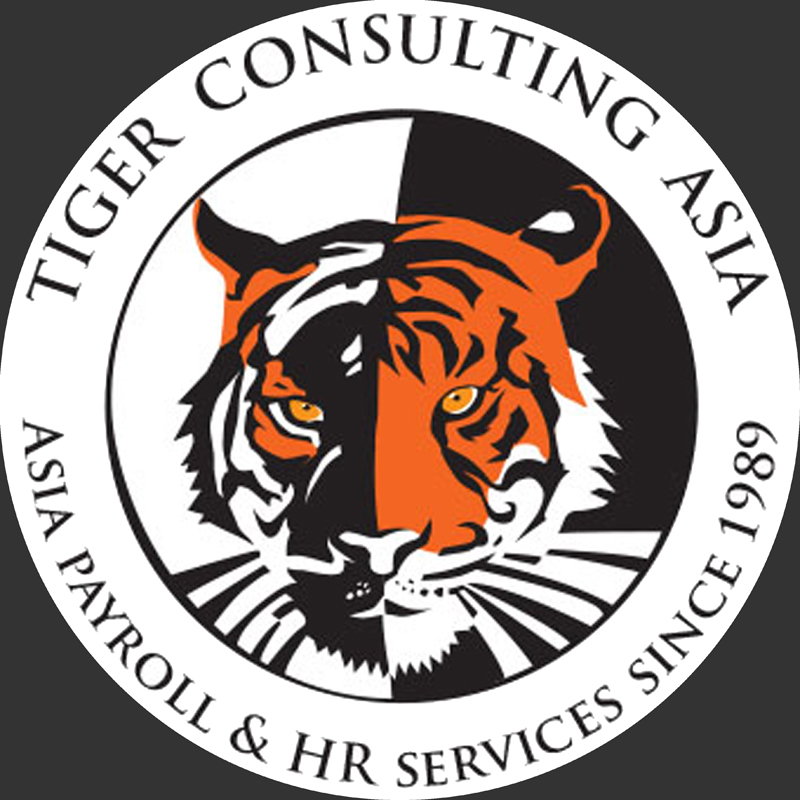
TIGER CONSULTING ASIA

HR and Payroll Outsource Services, Employment Services, Manpower Contracting

Malaysia’s “Employment Insurance Scheme”
June 21st, 2017
Earlier this year Prime Minister of Malaysia, Datuk Seri Najib Razak, announced that the government has agreed to implement the proposed “Employment Insurance Scheme” (EIS). The EIS which is designed to help workers and employers cope with a demanding labor market. An estimated 6.5 million employees in the private sector will be affected. It is believed that long- term benefits will not only protect employees but help their employers as well.
The EIS is aimed at workers who have lost their jobs due to entrenchment, or their employer’s necessary economic downsizing. The EIS will provide temporary economic assistance, aide in seeking a new job, career counseling, and even new skills training to the retrenched employee. Both employer and employee will be expected to each contribute 0.25% of the employee’s monthly salary to the common EIS pool. The Economic Planning Unit has already approved planning papers for the scheme. January 1, 2018 is when the new law is expected to be enforced and January 1, 2019 is when interest payments are expected to begin. The Social Security Organization (Socso) will be managing the scheme.
There are pros and cons from both sides regarding the EIS. Prime Minister Datuk Seri Najib Tun Razaksaid announced, “EIS is aimed at employees who have lost their jobs. It will be a social safety net meant to provide financial help and assistance for workers in their job search,” He added that the implementation of the scheme is expected to bring long-term benefits to both employees and employers in the country. He also said, “EIS will add to the efficiency of the labor market (in the country) through a better system of matching supply and demand, and lead to increased productivity and competitiveness of the industries,” Meantime, the Malaysian Employers Federation, claim that it will raise operating costs for businesses who are already facing challenging economic times. They also added that the EIS would result in the “whole workforce contributing to a large pool which will be used to serve a minimal number of people”. However, since the bill is not yet finalized, there are limited details available on how the EIS will work, and the total costs that it would have on both employers and employees.
As your professional employer organization (PEO), Tiger Consulting Asia will help you stay abreast of constantly shifting laws, regulations, and reporting requirements that impact your ability to successfully run your business in Asia and assisting your company in its compliance.
As the “man on the street” in Asia-Pacific providing Asian HR, payroll and business support services throughout the region, Tiger-Consulting specializes in companies that have or want to have 1-100 employees in Asia. The company currently serves 300+ businesses spanning industries including IT, telecom, social networking, fashion, finance, pharmaceuticals, travel, recruitment, Gas & Oil and hospitality. For questions about Tiger-Consulting’s HR, Payroll, PEO and business support services in Asia and UAE, contact sales@Tiger-Consulting.net
Sincerely,
Mercy Mildener
Public Relations and Marketing Consultant










